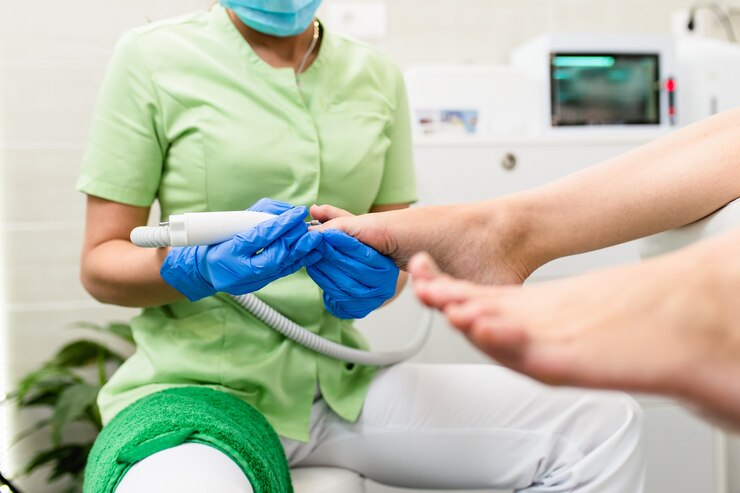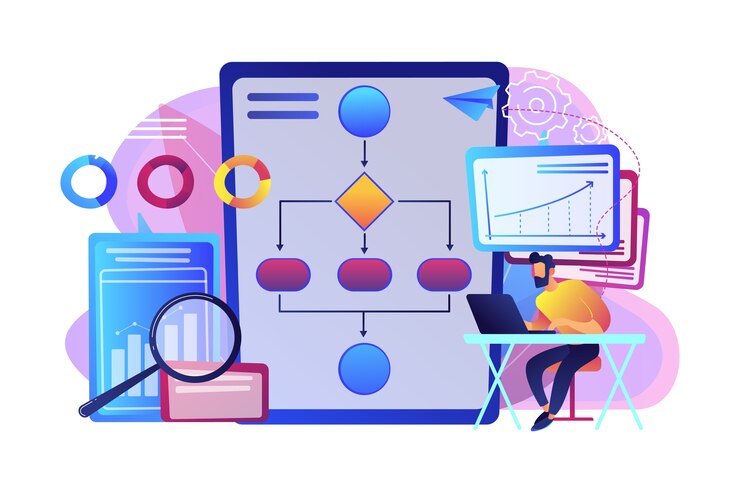Vyvanse works: A Long-Acting Stimulant ADHD Medication
Introduction
Attention Deficit Hyperactivity Disorder (ADHD) is a neurodevelopmental disorder that affects millions of people worldwide. It is characterized by symptoms such as inattention, hyperactivity, and impulsivity. While behavioral therapy and lifestyle changes can be helpful, medications such as Vyvanse have proven to be effective in managing ADHD symptoms. In this article, we will explore Vyvanse in detail, including how it works, its side effects, and its effectiveness in treating ADHD.
What is Vyvanse?
Vyvanse, also known as lisdexamfetamine, is a central nervous system stimulant medication used to treat ADHD. It is a prodrug, which means that it is metabolized in the body into dextroamphetamine, a medication that is also used to treat ADHD. Vyvanse is classified as a long-acting stimulant medication, which means that it has a longer duration of action compared to other stimulant medications such as Ritalin and Adderall.
How does Vyvanse work?
Vyvanse works by increasing the levels of dopamine and norepinephrine in the brain. Dopamine and norepinephrine are neurotransmitters that are involved in attention, motivation, and reward. By increasing the levels of these neurotransmitters in the brain, Vyvanse can improve attention, reduce impulsivity, and decrease hyperactivity.
Side Effects of Vyvanse
Like any medication, Vyvanse can cause side effects. Some of the common side effects of Vyvanse include:
- Decreased appetite
- Difficulty sleeping
- Dry mouth
- Headache
- Nausea
- Irritability
- Weight loss
While these side effects are generally mild, some individuals may experience more severe side effects. These may include:
- Suicidal thoughts or behaviors
- Heart problems
- Allergic reactions
- Aggressive behavior
- Mood swings
It is important to note that not everyone who takes Vyvanse will experience these side effects. However, it is essential to speak with a healthcare provider before taking any medication, especially if you have any pre-existing medical conditions or are taking other medications.
Effectiveness of Vyvanse in Treating ADHD
Vyvanse has been shown to be effective in treating ADHD in both children and adults. In a study published in the Journal of the American Academy of Child and Adolescent Psychiatry, researchers found that Vyvanse was effective in reducing ADHD symptoms in children and adolescents. Another study published in the Journal of Clinical Psychiatry found that Vyvanse was effective in reducing ADHD symptoms in adults.
Vyvanse is particularly useful for individuals who require long-lasting symptom relief. Its extended-release formulation allows for sustained symptom relief throughout the day, which can improve academic and workplace performance.
Dosage of Vyvanse
The recommended starting dose of Vyvanse is usually 30 mg once a day. This can be increased to a maximum dose of 70 mg once a day if necessary. It is important to take Vyvanse exactly as prescribed by a healthcare provider.
Precautions When Taking Vyvanse
As mentioned earlier, Vyvanse can cause side effects, including heart problems. Therefore, it is essential to monitor heart rate and blood pressure regularly when taking Vyvanse. It is also important to inform a healthcare provider if you have any pre-existing medical conditions, including heart problems.
Additionally, Vyvanse may interact with other medications. Therefore, it is important to inform a healthcare provider of all medications you are taking, including over-the-counter medications, supplements, and herbal remedies, before starting Vyvanse.
It is also important to note that Vyvanse may be habit-forming. Therefore, it is important to take Vyvanse exactly as prescribed and not to share the medication with others. Misuse of Vyvanse can lead to addiction, dependence, and withdrawal symptoms.
Furthermore, it is essential to note that Vyvanse may not be suitable for everyone. Individuals with a history of substance abuse or addiction, heart problems, or psychiatric conditions may not be good candidates for Vyvanse. It is important to speak with a healthcare provider before starting Vyvanse to discuss potential risks and benefits.
Conclusion
Vyvanse is a long-acting stimulant medication used to treat ADHD. It works by increasing the levels of dopamine and norepinephrine in the brain, which can improve attention, reduce impulsivity, and decrease hyperactivity. While it may not be suitable for everyone, Vyvanse has been shown to be effective in treating ADHD in both children and adults. Its extended-release formulation allows for sustained symptom relief throughout the day, which can improve academic and workplace performance. However, it is important to take Vyvanse exactly as prescribed and under the supervision of a healthcare provider. With the proper precautions and monitoring, Vyvanse can be a helpful tool in managing ADHD symptoms.
 English
English 




























































































































































